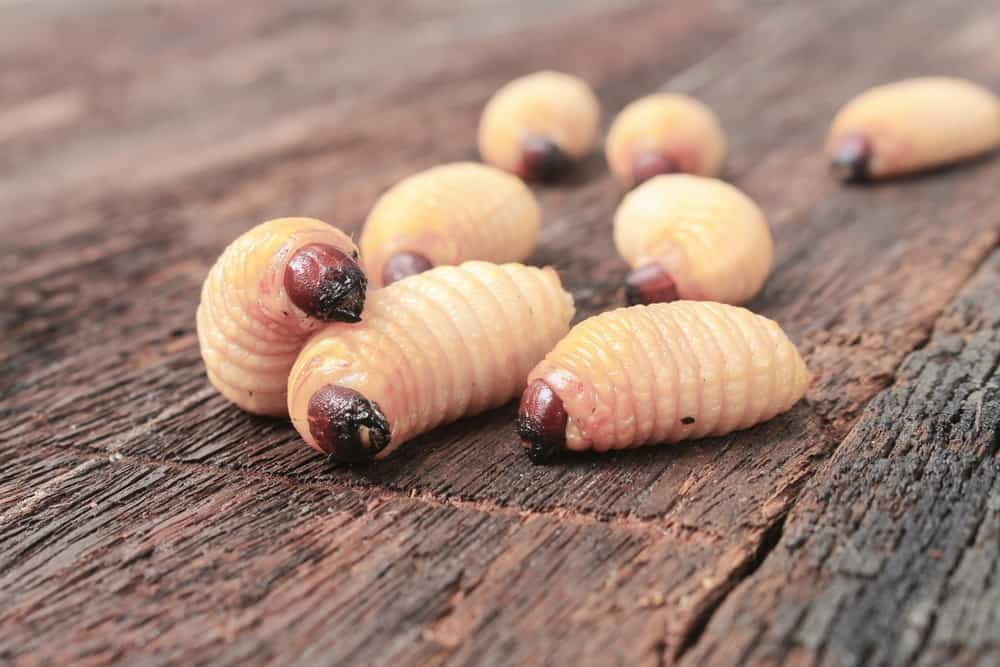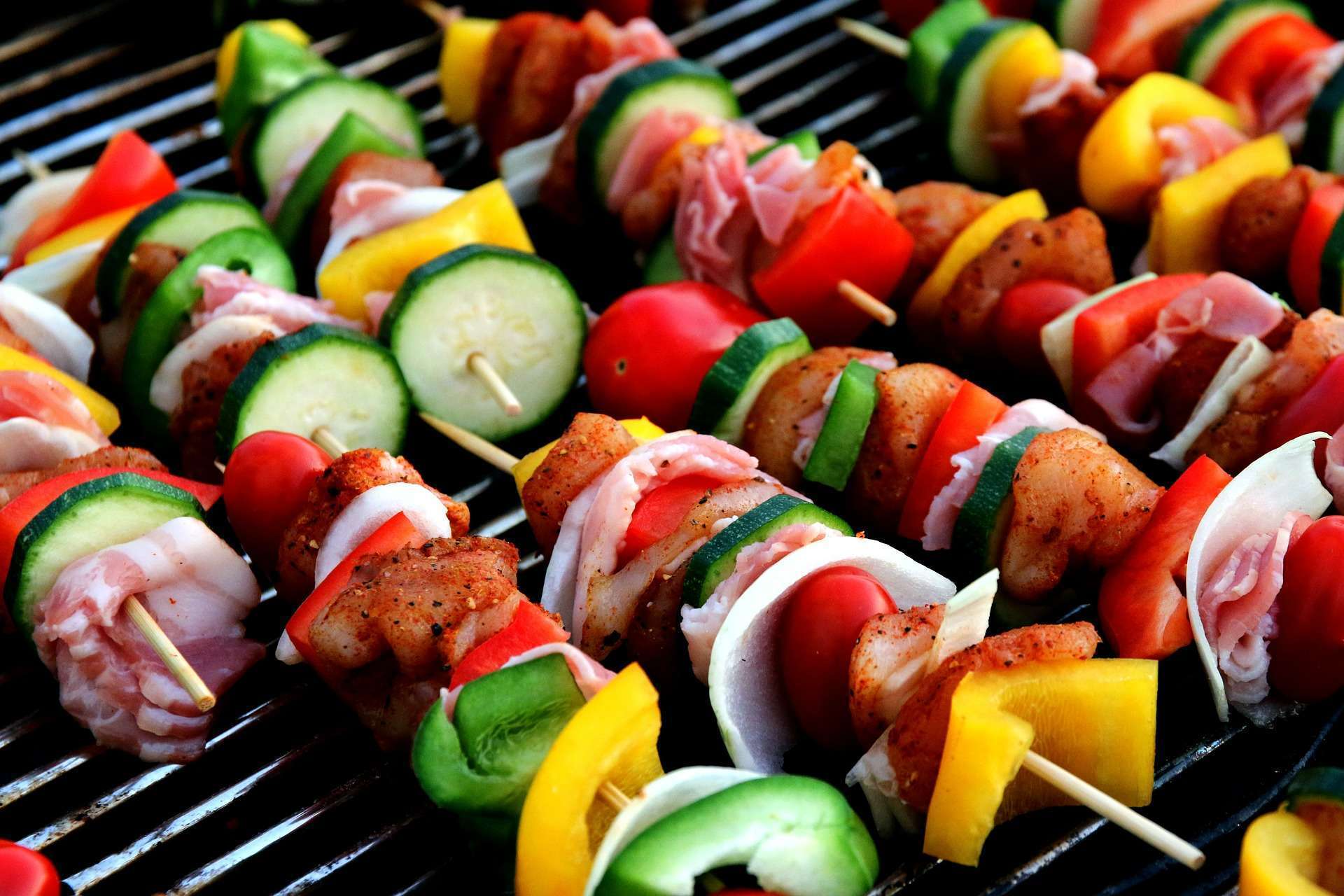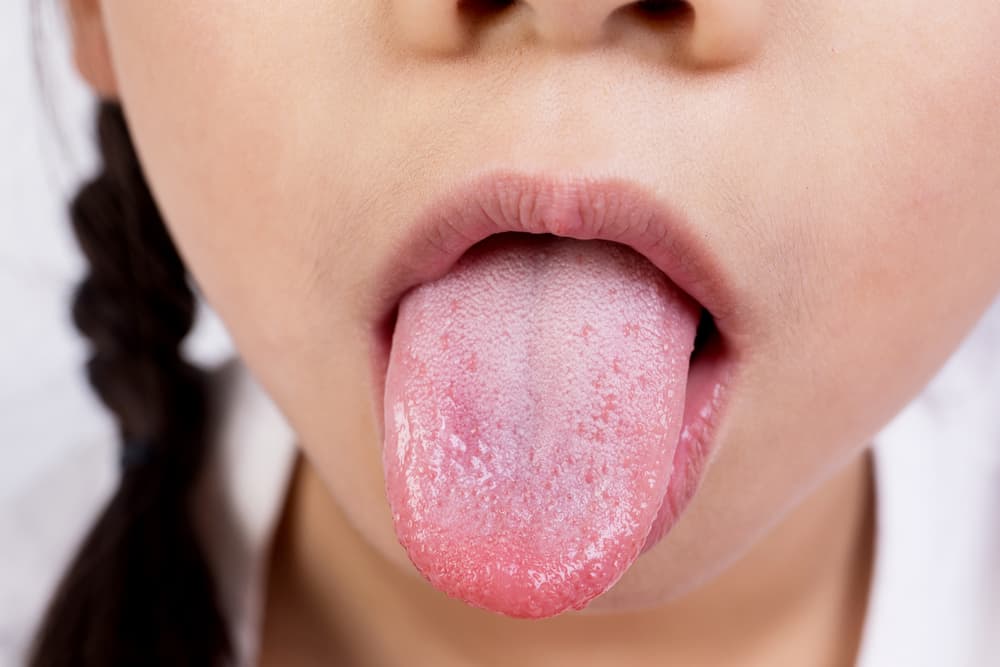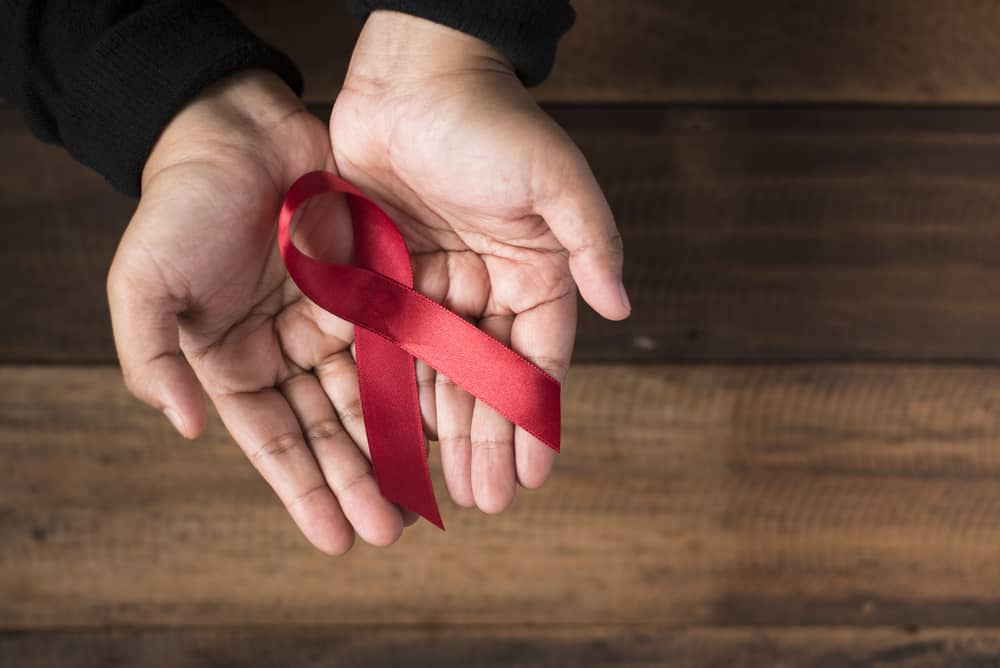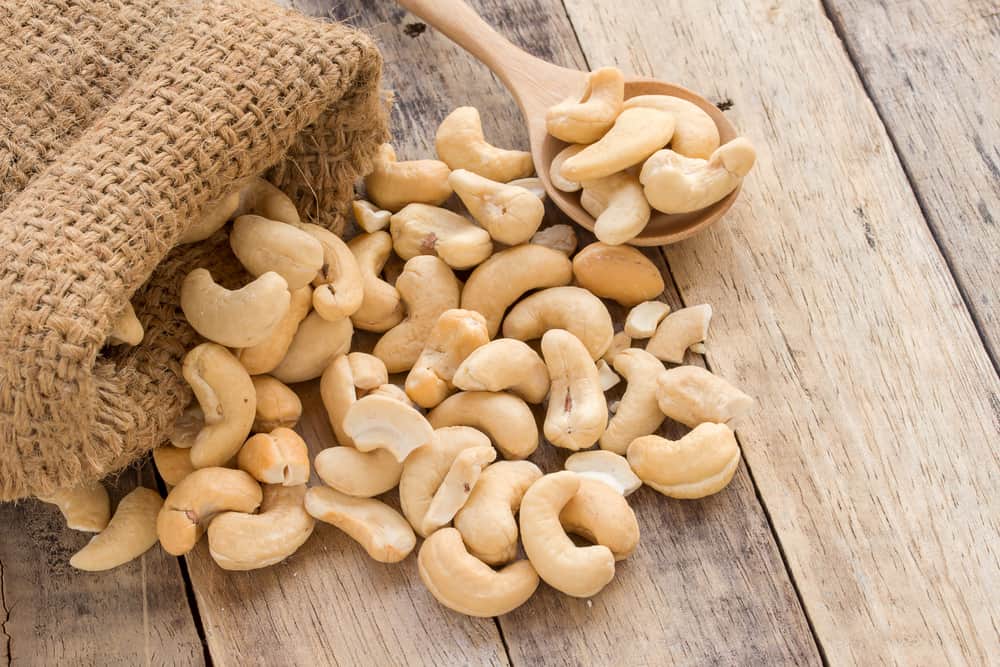Contents:
Medical Video: Cats gets brain freeze Compilationn
Enjoying the cold ice cream that melts on the tongue when the weather is hot is one of the greatest pleasures in life. But, hurry up and enjoy your favorite spoonful of vanilla ice cream will bring a new suffering - which you may already be very familiar with - that is, brain freeze.
Brain freeze happens when you eat ice cream or sip a big sip of cold drink in one breath too quickly. The condition caused by cold food is officially recognized by the International Headache Society, as reported by the Daily Mail.
What is that brain freeze?
Based on the definition of rummy from IHS, brain freeze is the sensation of a stabbing headache in the middle of the forehead due to "swallowing or breathing cold stimulus". This condition usually occurs when the weather is very hot and someone consumes cold food too fast. As a result, the official name brain freeze is the Cold Stimulus Headache (CSH).
Brain freeze is the body's way of warning you to slow down your meal and not be in a hurry. However, researchers found that eating something cold slowly can also trigger this "frozen brain".
Headache due brain freeze including the type of headache that occurs very quickly, but also disappears quickly. The medical term for this type of headache is called sphenopalatine ganglioneuralgia.
What happens to the body when experiencing brain freeze
Reporting from Science Daily, Dwayne Godwin, Ph.D., a neuroscientist at Wake Forest Baptist Medical Center, said that brain freeze presumably caused by cold stimulants, in solid or liquid form, which passes through the palate or the back wall of the pharynx.
Our mouths are filled with blood vessels, including the tongue - this is why we measure body temperature by inserting a thermometer into the mouth. When something cold touches the roof of the mouth, a sudden change in temperature in the tissue stimulates the nerves to cause blood vessel dilation and swelling very quickly. This is an attempt to direct blood back to the area to warm it again.
Actually, the brain cannot feel pain despite having billions of neurons. The pain arising from this cold stimulant is felt by neuron receptors outside the protective layer of the brain called meninges, where two arteries meet. Blood flowing through the internal carotid artery in the throat is cooled by the cold stimulant you consume, and then meets the anterior cerebral artery at the forehead junction where brain tissue begins. This flood of blood flow produces tremendous pain when the two vessels are busy opening and closing, creating an increase in pressure, which triggers the nerves of the brain.
This sudden dilation of blood vessels triggers active pain receptors, which then release prostaglandin (the cause of pain), increases sensitivity to aggravate the pain, and produces inflammation through sending signals through the trigeminal nerve to warn the brain that the mouth is facing problems.
In short, drinking cold drinks quickly does not provide enough time for the mouth to absorb cold perfectly.
Effective ways to overcome brain freeze
The feeling of pain in the head will subside when the blood vessels return to deflate to their normal size. One of the fastest ways to reduce pain due to brain freeze is to quickly attach your tongue to the palate to warm up the mouth temperature.
Another thing that can help overcome brain freeze is to stop the cold in the mouth by rinsing it with warm drinks.
The best way to avoid brain freeze occurs again is to consume cold food / drinks in small portions, and give a distance between bribes to give a moment of 'rest' for the throat to warm themselves again.
READ ALSO:
- False Hunger: Distinguishing Original Hungry and Fake Hungry
- The 9 Most Painful Parts of the Body When Tattooed
- 6 styles of eating that frustrate your diet


